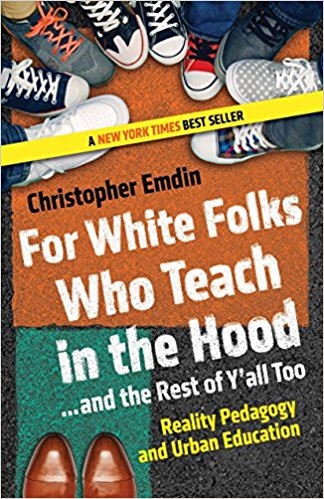Tips for Helping Your Child Learn How to Drive by Craig Middleton is a good place to start if your child is nearing the age when it’s time to learn how to drive. Even if your child may not need their own car soon it’s wise to get this document so they have if they do need it someday.
Learning to drive and getting your first car are major milestones in life, and the same is true of passing that knowledge onto your children. Here’s what you need to know in order to prepare your child for passing their driver’s test, getting a car, and approaching the finances.

Help Your Child Study
Before your child can take their driving test, they’ll first need to pass a written test. This test is meant to instill your child with the rules of the road and covers things like how to successfully navigate intersection traffic and how to respond to the presence of a school bus. This kind of information can prove to be pretty dry reading, and there is a persistent rumor that reading the manual isn’t necessary or even that doing so is harmful to your chances of success. This isn’t the case, of course, because you’ll be held accountable for a variety of numerical information regarding things like fines that simply can’t be intuited. That means that you will need to ensure that your child is ready for their written test despite their natural teenage instincts. It’s important to convince your child to take reading the manual as seriously as they would school reading materials, and that means taking notes. Taking notes increases your child’s ability to remember new information, and those notes can be taken on flashcards that you can use to quiz them.
Exam Time
When it comes to preparing them for the driving test, you can consider teaching them yourself. However, it can be difficult to teach what has become second nature to you, because you often don’t even think about what you’re doing as you drive. If you’re unsure about your teaching abilities, or maybe you don’t have the extra time, it may be a safer choice to enroll your child in a driver’s school. This is typically a 30-40 hour course broken up throughout a few weeks. An instructor will guide and drive with your child to make sure they are prepared and well informed for their driving test. This option will also allow your child to take a practice driving test with the instructor before they do the real thing. Because of this, your child will feel more confident and less stressed.
Practice Patience
As mentioned above, teaching something is a whole different experience than learning a skill or performing the actions yourself. This can be frustrating for some, because much what you know like the back of your hand isn’t common sense like you may have thought. However, your frustration will make your child more anxious and, in turn, less receptive to the information you’re trying to impart. Instead, be willing to explain every detail and answer questions multiple times if needed. Try to put yourself in the mindset of someone who knows nothing about operating a motor vehicle so that nothing seems too obvious to warrant those questions. Most importantly, be aware that mistakes are an inevitable part of learning a new skill, so approach these mistakes from a perspective of understanding and remain calm.

Financing a Car
Motor vehicles can be expensive. However, getting your child a new car can be the preferable alternative because maintaining a complex machine such as a car can either require an immense amount of knowledge or costly visits to a mechanic. However, auto financing requires good credit, and that means that you need to have a good credit score in order to make that high cost more tenable on a budget. Likewise, if your child will be taking responsibility for paying for the car, they will need to work on their credit before trying to make a purchase. This can be done by getting your child a credit card, although this entails a certain level of risk. However, if your child can overcome his or her teenage impulses, a credit card can help raise their credit score, because their use of the credit card determines the amount of money they’ll owe. This means that credit card bills can always be paid on time if used responsibly, and that is how your credit score improves. Most young people, often regardless of credit, will require a cosigner with adequate credit in order to buy a new car, and you’ll most likely have to fill that role.
They Don’t Always Need a Car
You may feel pressure as a parent to provide a car for your child as soon as they turn 16, but this isn’t always a need. If buying and maintaining a car is too big of a challenge for your family at the moment, it’s okay to put it off. There are plenty of options to ensure your kid is able to get to where he/she needs to be on a daily basis. You can offer to pick them up/drop them off, they can carpool with friends, or take public transportation to school and work.
Even if your child never needs or uses a car through their teenage years, it is still vital that you emphasize the importance of earning a driver’s license. You never know when this document will come in handy. It’s a simple form of identification and gives your child access to renting a car as they get into their mid 20’s.
Teaching your child to drive will be an important moment not only in their lives but also in your own. For a teenager, learning to drive and getting their first car represents the first step into adulthood, and they’ll depend on you to guide them. These tips will allow you to provide the best possible training and prime your child for success.
Craig Middleton
- Craig is a New York City-based retired business consultant, who is an expert in education and cultural trends. He has a Masters of Business Administration and a Masters in Education from St. Johns and loves sharing his knowledge on the side through his writing. If you have any questions or comments you can direct them to Craig at craigmiddleton18@gmail.com.














